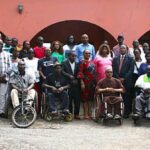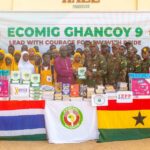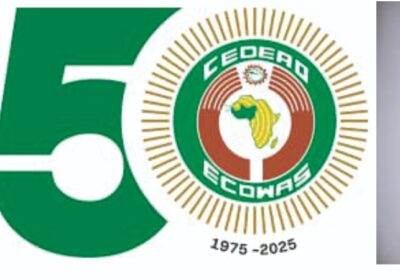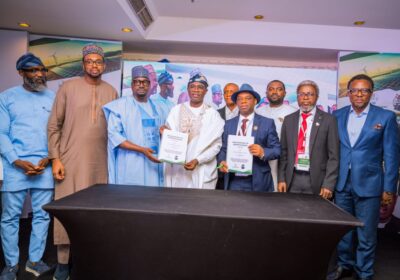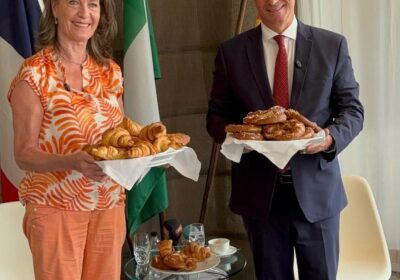Rural Farmers Are the New Frontline, IFAD President Álvaro Lario Unveils Major Africa Push at UN Food Summit.
By Raymond Enoch
In a decisive moment at the United Nations Food Systems Summit +4 (UNFSS+4) Stocktaking in Addis Ababa, the President of the International Fund for Agricultural Development (IFAD), Álvaro Lario, called for a radical rethink of how the world engages, finances, and empowers smallholder farmers. In his powerful keynote, Lario declared, “Rural producers are not the last mile—they are the first mile of food systems.”
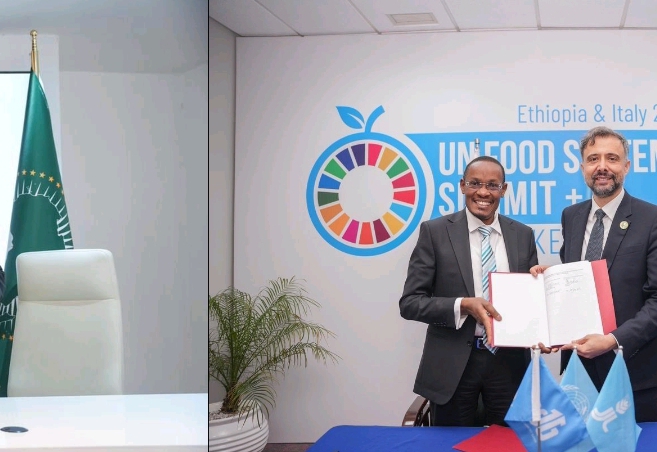
Speaking before a high-level audience of heads of state, multilateral leaders, and development practitioners, Lario urged governments and financial institutions to center rural farmers in policy and investment strategies. He highlighted that these small-scale producers, though responsible for over a third of the world’s food supply, are consistently overlooked when it comes to access to finance, infrastructure, and climate resilience.
At the heart of IFAD’s push for systemic reform is the Financial Flows to Food Systems (3FS) framework—an initiative co-developed by IFAD and the World Bank. “We need billions in smart investments, not just billions in pledges,” said Lario. “3FS offers a roadmap to direct capital where it truly matters—toward rural communities that form the backbone of global food systems.”
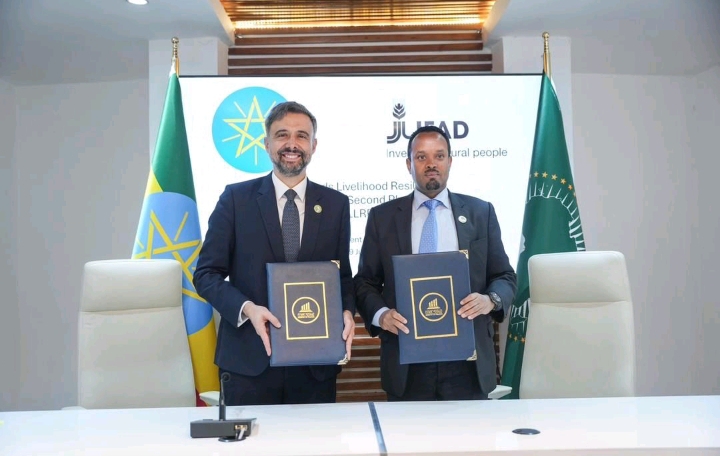
Lario emphasized that the transformation of food systems must begin where food is first produced: rural areas. “These communities are not just on the receiving end of global crises—they are uniquely positioned to drive solutions. But they can’t do it without proper support,” he stated.
Underscoring the need for regional collaboration, Lario announced the signing of a landmark co-financing agreement with the East African Development Bank (EADB). The agreement will unlock new funding streams for rural financing initiatives in Rwanda, Uganda, Kenya, Ethiopia, and Tanzania. “This partnership reflects a shared commitment to accelerate rural development through joint financial instruments and policy innovation,” he said.
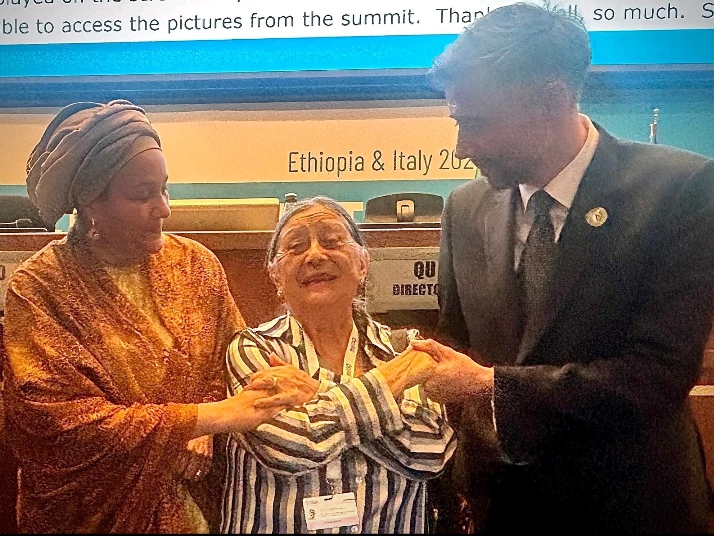
In a significant bilateral engagement on the sidelines of the summit, President Lario also held a high-level meeting with Vice President of Nigeria, Senator Kashim Shettima. The two leaders discussed Nigeria’s strategic role in regional food systems transformation and reviewed ongoing IFAD-backed programmes including the Value Chain Development Programme (VCDP) and Livelihood Improvement Family Enterprises (LIFE-ND). Lario reaffirmed IFAD’s commitment to expanding support for climate-smart agriculture, youth engagement, and digital innovation across Nigeria.
Climate change, food inflation, and financing gaps featured prominently in Lario’s speech. He stressed that the compounding crises disproportionately affect the very people who feed the world—smallholder farmers—and called on the global community to redirect climate finance flows to these underserved populations. “If we do not act now, the cost of inaction will be unaffordable—for communities, economies, and ecosystems alike,” he warned.
Lario praised countries that have already developed national food systems pathways, tailored to local realities but aligned with global ambitions such as Agenda 2030 and the African Union’s Agenda 2063. He urged more nations to do the same, emphasizing that “transformation will only happen when we combine political will with inclusive participation and evidence-based investment.”
Beyond technical frameworks and funding models, what made Lario’s address resonate deeply was his unapologetic human-centered message. “This is not about abstract systems. This is about farmers with names, families, dreams—and untapped potential,” he said, closing his remarks to a standing ovation.
As UNFSS+4 came to a close, Álvaro Lario left no doubt that IFAD is not just a voice for the rural poor—it is a catalyst for global food systems transformation. Through innovative partnerships, co-financing deals, and bold leadership, IFAD is redefining how the world thinks about rural development—from development aid to development investment.



